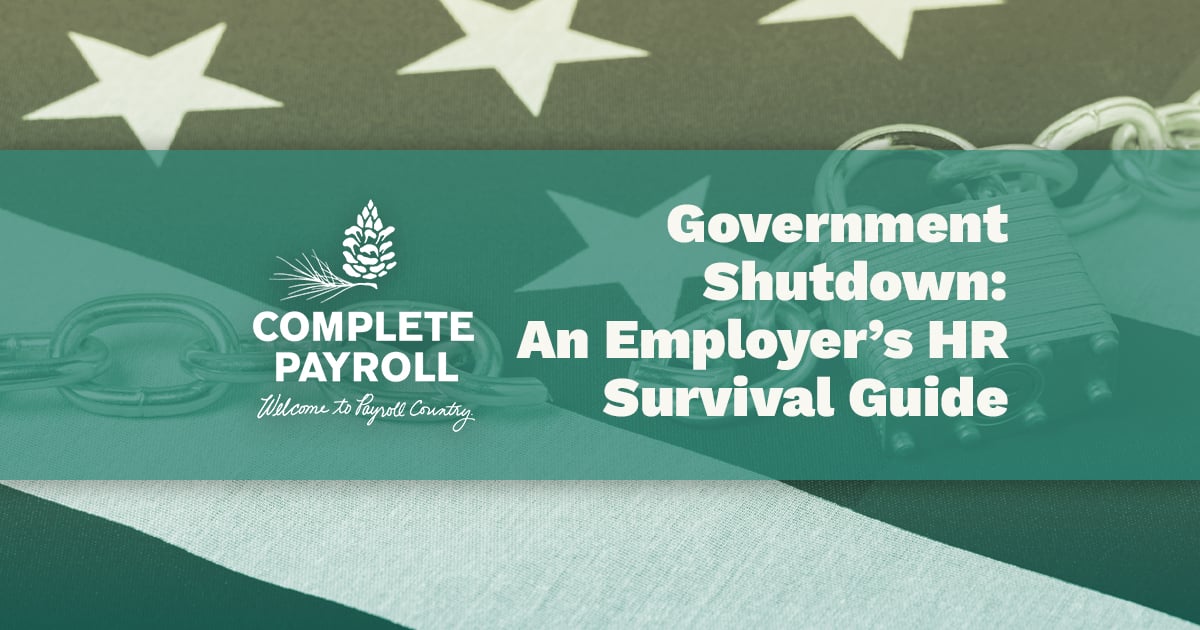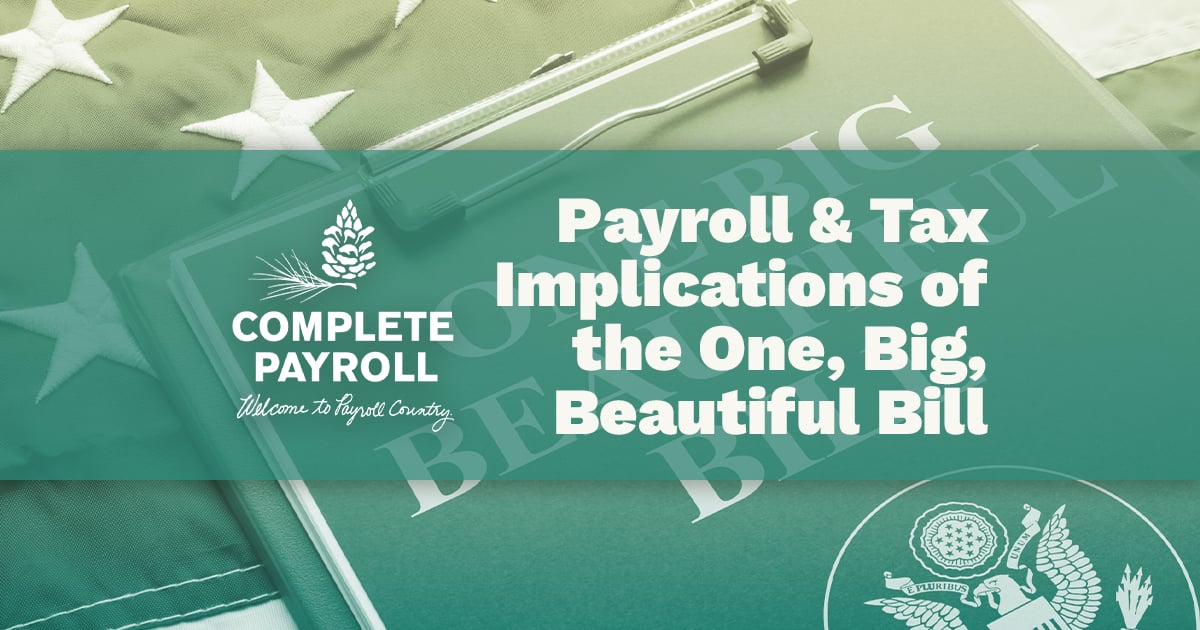Best Practices for Negotiating Pay Raises with Employees

Written by Complete Payroll


Your company is doing well and your workforce is strong. Invariably your employees are going to want to discuss a raise in compensation. While no managers like this conversation, the cost of an employee leaving is high.
Recruiting, hiring, and training a replacement for an employee is a drain on both time and money. It’s best to come to agreeable terms in a way that is a win for both parties involved. Here are a few key tips that can help make the compensation conversation a little less stressful for both sides of the table.
Make Sure You are Prepared
Know the market for your industry. An HR or compensation specialist should be able to help you determine the norms and trends of pay raises as they would apply to your business. Are people getting a 3% pay raise? Or are comparable businesses still minimal raise mindset that was the case during the recession? You should have this market information for each role on your team.
Pay attention to your organization. How is your business performing? What are some of the company norms regarding raises? What budgets are already set for varying departments? Knowing your organization can give you some parameters to prepare for any negotiations.
Above all, you should know your team. Which individuals have been contributing to the overall success of the team? Which members are more worthy of a more substantial raise? Having all this information ahead of time will prepare you for the inevitable conversation about pay raises.
Actively Listen, Assertively Communicate, and Own Your Decisions
Salary negotiations are anxiety inducing on both ends so managers have to remember that while it is uncomfortable for you, it is also uncomfortable for the employee. If they are asking for a raise, they have most likely put some thought and preparation into their presentation. You should actively listen to the case they are making for themselves. It’s possible you were not aware of some of their accomplishments and achievements. Negotiations are easier when both parties are hearing what the other is saying.
Be assertive in your communication. If the budget is just not there for raises, be up front about that. It is a mistake for managers to over-promise about compensation just to please an employee or to get out of the conversation. If there is supporting market data for the company, share this information (if it is appropriate to company culture). Make sure to be firm about your communication. When it comes to someone’s compensation, no one wants vague statements or unattainable promises.
Whatever gets communicated, you need to own your decision. Even if the information regarding salary adjustments is more of an executive level call, communicate to the employee as if it entirely yours. Managers who firmly own their decisions are more respected by employees and more appreciated by senior management.
Follow Up
Once the compensation conversation is over, make sure to follow up on what was discussed. If any questions were raised about the process, get the answers for the employee, either from HR or your compensation specialist. Most of all, if there was an increase in pay or some other change in compensation agreed upon, make sure that change happens.
No one likes the uncomfortable conversation about a pay raise. As a manager, as long as you are prepared for the conversation, communicate firmly and clearly, and follow up on any questions or changes, it should make the whole process much smoother for all involved and provide an increase in employee retention.
If your company’s payroll situation is not skilled at handling the intricacies of pay raises and the accompanying changes in taxes and withholdings, we are always here to help!

















 Get Instant Blog Notifications
Get Instant Blog Notifications


